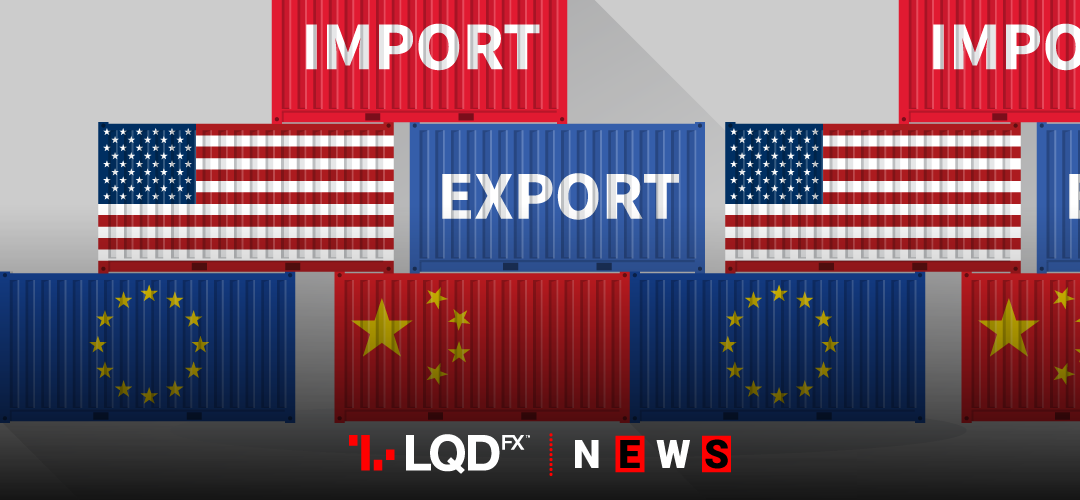The US President creates new trade fronts taking trade tensions global by imposing tariffs on roughly $2.4 billion worth of French goods over digital tax.
The products include champagne, cheese, and handbags in response to news of a French tax on digital services. That tax affects American tech companies like Facebook and Google, and a report found it could create a barrier to trade between the countries. An effective date for the proposed 100% duties was not specified.
“The European Union (is) treating the United States very, very unfairly on trade,” Trump said at a meeting with the head of NATO in London. France and the European Union said on Tuesday they are ready to retaliate. The European Commission said the 28-nation EU would act as one and that the best place to settle disputes was at the WTO.
At the same time, on Monday, President Trump announced tariffs on steel and aluminum from Brazil and Argentina for “massive devaluation of their currencies”.
Further, the US President said a trade deal with China might have to wait until after the 2020 U.S. presidential election. Trump said he had no deadline on agreement with Beijing.
Amid all this, a new report shows American manufacturing has slowed for the fourth month in a row and the country is in what one economist called “a mild recession.” The U.S. Institute for Supply Management said its index of national factory activity fell 0.2 points to a below-forecast 48.1 in November. Separate data showed construction spending fell in October as investment in private projects tumbled.
Disappointing manufacturing data and signs of new fronts in U.S. President Donald Trump’s trade war rattled investors.
START TRADINGForex – New trade fronts for Trump globally
Moves in currency markets were broadly contained, however, with volatility remaining low. Investors did not appear to take much fright at news of U.S. tariffs on imports of metals from Argentina and Brazil. The threat of more tariffs on a range of European goods did not weigh as well.
The dollar fell against a basket of currencies, its index down 0.1% at 97.792, while it was little changed against the euro at $1.1077.
The yen held most of its gains. The Japanese currency, earlier down on the day, strengthened 0.1% to 108.81 yen per dollar, away from a six-month low of 109.73 hit on Monday.
The Swiss franc, another safe-haven currency investors tend to buy in times of nervousness, rallied 0.3% to 1.0954 against the euro.
The Australian dollar hit a three-week high after the Reserve Bank of Australia’s decision to keep interest rates on hold. The currency was last up 0.4 % at $0.6848.
The euro has recovered from a three-week low against the dollar of $1.0981 on Friday, moving as high as $1.1091. On Tuesday it was flat on the day at $1.1076.
Sterling rallied 0.4% against the dollar and the euro as the latest poll showed an increase in the Conservative Party’s lead over the opposition Labour Party.
Oil prices fell on Tuesday after U.S. President said that a trade deal with China could be delayed until after the next U.S. presidential election. Brent futures fell 39 cents to $60.53 a barrel by 1310 GMT. U.S. West Texas Intermediate (WTI) crude was down 35 cents at $55.61.
PLEASE NOTE The information above is not investment advice.
Sources: Reuters, Investing, CNN money
